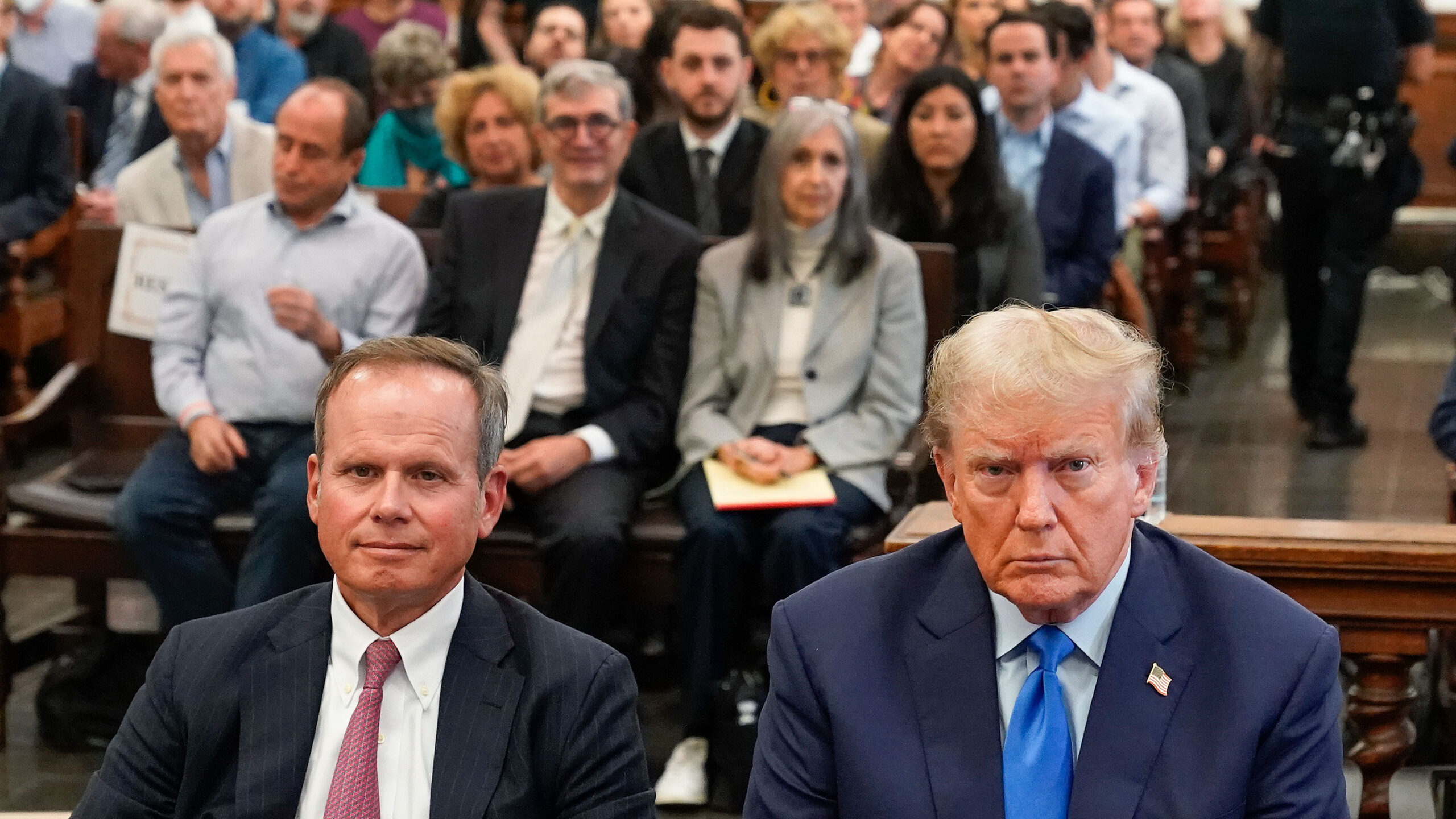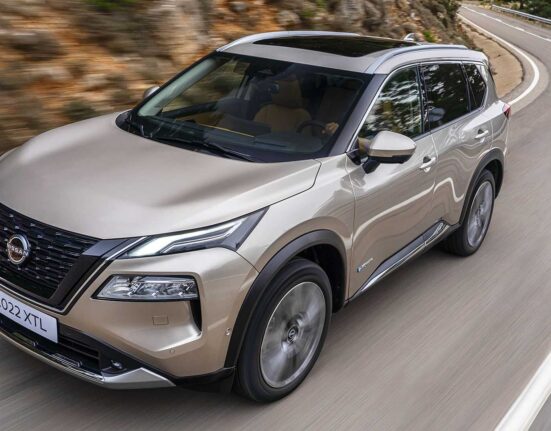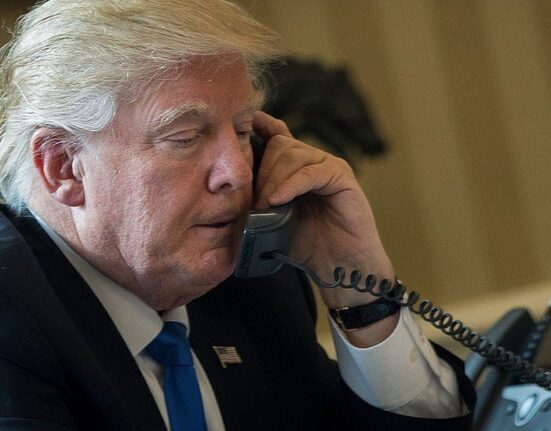In the buzzing world of social media, a fascinating story has been unfolding. The feud between President Donald Trump and Tesla CEO Elon Musk has sparked heated discussions among netizens, particularly in China. According to reports from The Guardian, users on Weibo, a popular Chinese microblogging platform, have been actively voicing their support for Elon Musk amidst this high-profile clash.
It seems that not all voices are aligning in the same direction. As Reuters pointed out,
“Not all users on Weibo were siding with Musk.”
This diversity of opinions adds an intriguing layer to the narrative playing out online.
The spark that ignited this wave of support for Musk came after the billionaire entrepreneur made a bold statement regarding his stance on political matters. Musk declared that he would consider forming a new political party if a significant tax and spending bill linked to Trump’s agenda was passed. This declaration resonated strongly with many Weibo users who found themselves drawn to Musk’s outspokenness and willingness to challenge the status quo.
As the digital realm becomes increasingly intertwined with real-world events and personalities, social media platforms serve as arenas where public sentiment can quickly shift and take shape. In this case, Elon Musk’s dynamic presence and vocal nature have captured the attention and admiration of individuals engaging with these conversations online.
The complexities of international relations often manifest in unexpected ways within cyberspace. Expert analyst Dr. Chen Wei shared insights into this phenomenon, stating,
“Elon Musk’s global influence transcends traditional boundaries, attracting supporters across continents due to his innovative drive and unconventional approach to societal issues.”
The dynamics at play in this online discourse reflect broader trends shaping contemporary digital interactions. From debates over taxation policies to expressions of solidarity with influential figures like Elon Musk, social media landscapes offer unique glimpses into evolving societal attitudes and preferences.
As discussions continue to unfold across various virtual platforms, it remains clear that voices from different corners of the globe are finding common ground or expressing dissent through digital channels. These exchanges not only reflect individual perspectives but also mirror broader shifts in how information is disseminated and opinions are formed in our interconnected world.
In conclusion, as social media users in China rally behind Elon Musk amid his clash with President Trump, the narrative underscores the power of digital spaces to amplify voices, cultivate communities around shared ideals, and shape public discourse on a global scale.









Leave feedback about this